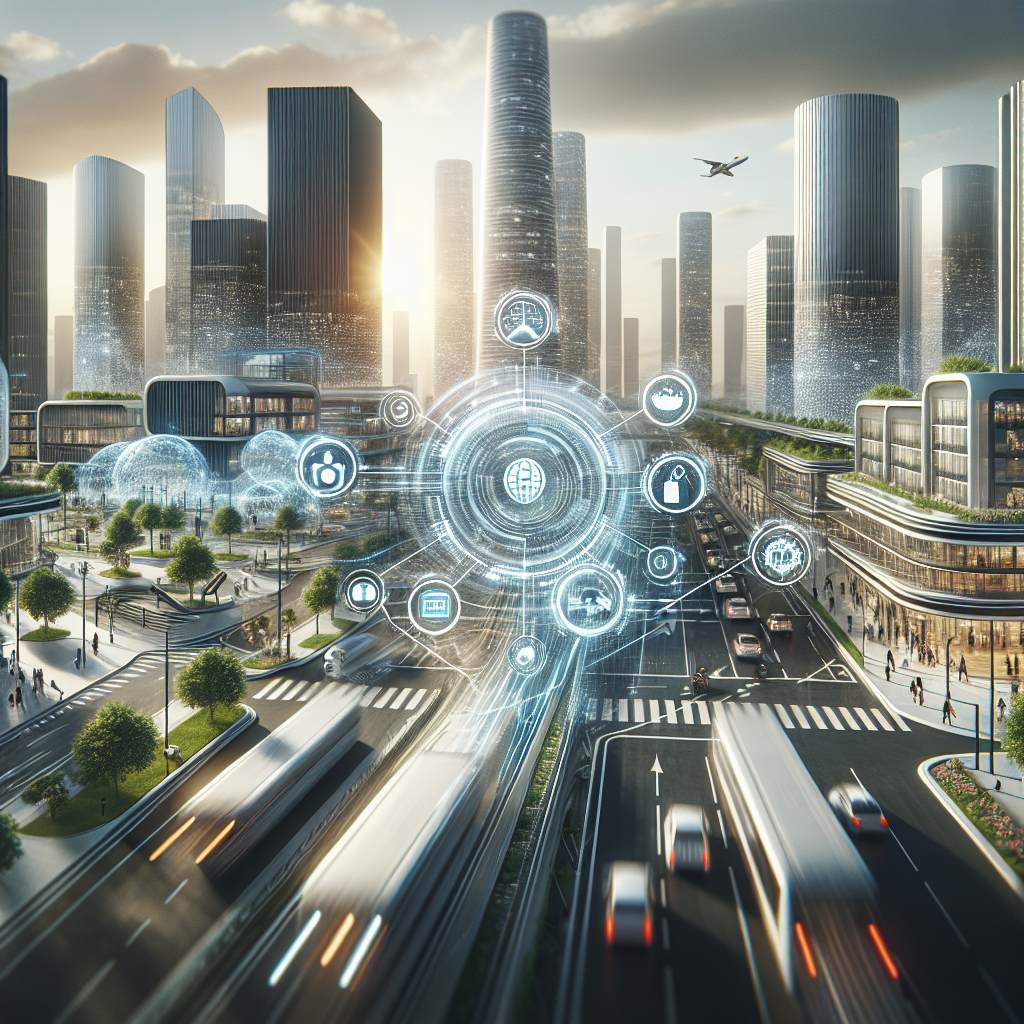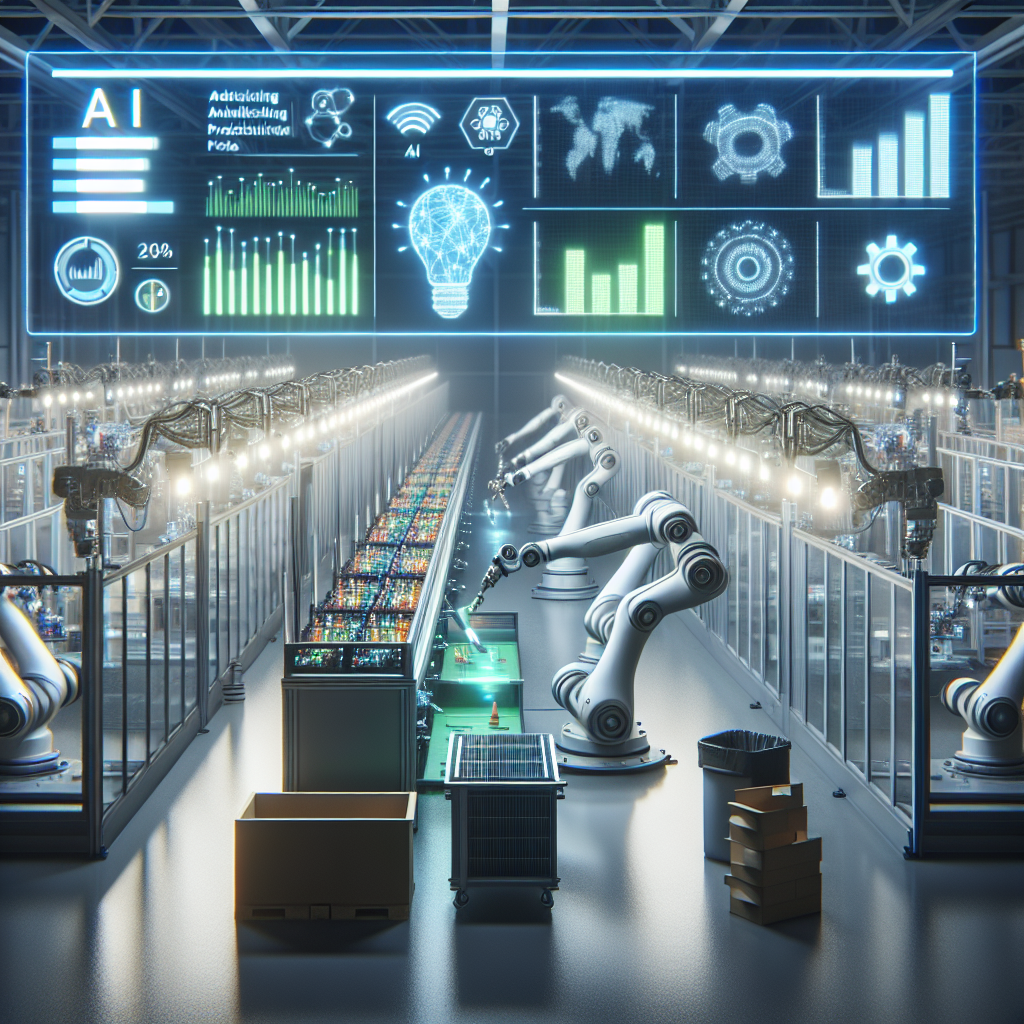Harnessing AI for a Net-Zero Future: Opportunities and Challenges
Artificial Intelligence (AI) has the potential to significantly contribute to achieving net-zero emissions. By optimizing energy consumption, enhancing efficiency, and enabling better decision-making, AI can play a pivotal role in reducing carbon footprints across various industries.
AI Applications in Energy Management
- Smart Grids: AI can predict energy demand and supply fluctuations, improving grid reliability and reducing waste.
- Renewable Energy Optimization: Machine learning algorithms can forecast weather patterns, maximizing the efficiency of solar and wind energy systems.
- Energy Efficiency: AI-driven analytics can identify energy-saving opportunities in buildings and industrial processes.
AI in Transportation
Transportation is a significant contributor to greenhouse gas emissions. AI can enhance public transit systems, optimize logistics, and accelerate the development of electric and autonomous vehicles, leading to reduced emissions.
Challenges and Considerations
While AI offers numerous benefits, there are challenges to address:
- Data Privacy: Ensuring data used by AI systems is secure and privacy-compliant.
- Energy Consumption: AI technologies themselves require substantial computational power, potentially offsetting their benefits.
- Skill Gaps: Developing and implementing AI solutions requires skilled professionals, which may be in short supply.
Future Outlook
With continued advancements and responsible implementation, AI can be a net positive for net-zero goals. Collaboration between governments, industries, and researchers is essential to maximize AI’s potential while mitigating its challenges.



